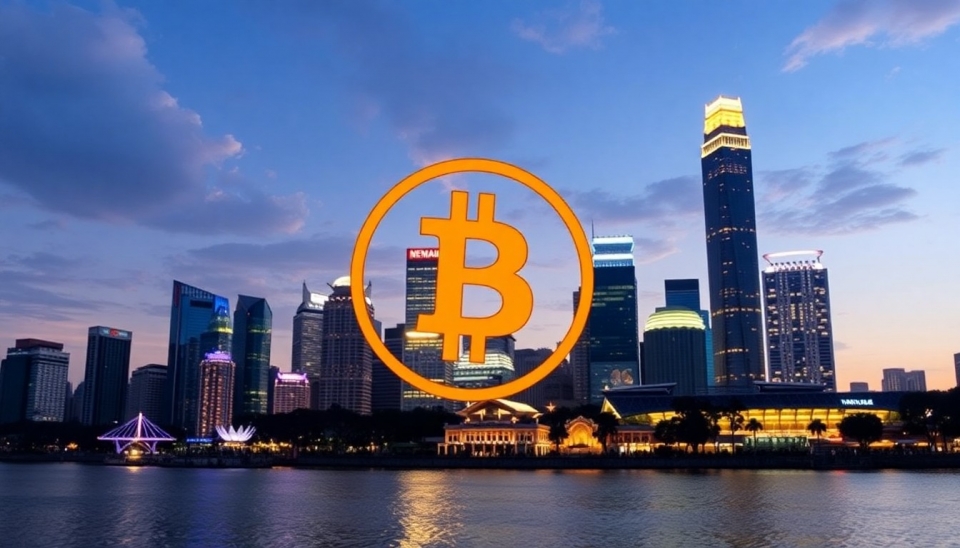
As the cryptocurrency landscape evolves, Singapore has solidified its position as a frontrunner in attracting digital asset firms, overtaking Hong Kong in the quest to become the premier hub for crypto in Asia. This shift has been fueled by a combination of forward-thinking regulatory frameworks, a vibrant technological ecosystem, and an increasingly competitive economic environment.
Recent developments indicate that Singapore's proactive approach to cryptocurrency regulation is paying off. The Monetary Authority of Singapore (MAS) has taken significant steps to create an accommodating environment for firms dealing in digital assets. This has included the introduction of clear guidelines and licensing requirements that streamline the process for businesses to operate within the city-state's borders. As a result, numerous crypto firms have made the strategic decision to relocate to Singapore, drawn by its robust infrastructure and supportive governance.
In stark contrast, Hong Kong has faced challenges in its attempt to foster a thriving cryptocurrency ecosystem. The region's regulatory landscape has been viewed as uncertain and at times overly cautious, which has discouraged many companies from setting up shop. The recent implementation of stricter regulations has led to a departure of several notable crypto firms and heightened concerns about the long-term viability of Hong Kong as a crypto-friendly environment.
Moreover, Singapore's appeal is not just about regulatory clarity. The city’s burgeoning tech scene, coupled with an influx of venture capital into blockchain technology, has created an innovational atmosphere that is ripe for startups and established companies alike. Investors are increasingly recognizing Singapore as a stable base for high-potential crypto projects, leading to substantial financial commitments from both local and international venture capitalists.
The competitive landscape in Asia is continuously changing, but Singapore's multi-faceted strategy appears to be winning over many of the key players in the digital asset space. Initiatives such as hackathons, blockchain research grants, and partnerships between government entities and local universities are further cementing Singapore's status as a leader in blockchain innovation.
While Hong Kong has begun to respond with its own strategic measures to regain momentum—such as efforts to bolster its financial infrastructure and provide incentives for tech firms—the question remains whether it will be sufficient to reclaim its former position as Asia's crypto capital.
As the year 2023 comes to a close, the crypto sector's trajectory suggests that Singapore is not only building a dominant presence in Asia but potentially setting the stage for a global competition among digital asset hubs. Observers will be keen to see how both regions will adapt and evolve in response to this rapidly changing and increasingly globalized industry.
With the interests of investors, regulators, and crypto enterprises at stake, the comparisons between these two city-states underscore the critical balance of innovation and oversight necessary in fostering a dynamic crypto environment. As each city navigates the complexities of this market, the race to become the leading cryptocurrency hub will undoubtedly continue to play out on the global stage.
#SingaporeCrypto #HongKongCrypto #CryptoNews #DigitalAssets #BlockchainInnovation #CryptoHub #Fintech #AsiaCryptoCompetition
Author: Ethan Hayes




